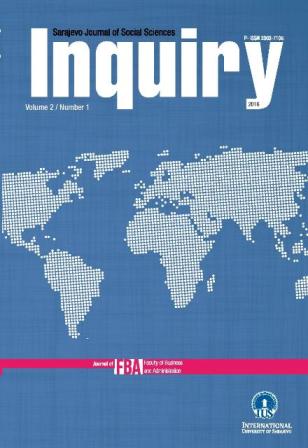How does Incentive Affect Kidney Donation Rates: Turkey Case
How does Incentive Affect Kidney Donation Rates: Turkey Case
Author(s): Yavuz DemirdogenSubject(s): Economy, Health and medicine and law, Socio-Economic Research
Published by: International University of Sarajevo
Keywords: ESRD; Monetary incentive; Kidney disease; Kidney transplantation;
Summary/Abstract: Renal disease is an ongoing and growing problem around the world and in Turkey. Almost %5 of health expenditures are about kidney patients in Turkey. The amount of patients is increasing every day although the donation rates are not increasing in the same speed. The governments are applying different regimes for closing the gap between supply and demand on kidney. These systems are not accurate to close this gap. Main classification of these techniques is opt - in and opt - out regimes. The cost of dialysis for every patient is higher than the cost of transplantation. The transplanted patient lives 22 years whether dialysis patient lives 14 years. Transplantation is cost –effective than dialysis. It is an obligation to decrease the number of patients in the waiting list. In 2014 there are almost 60.000 kidney disease patients in Turkey and 29.000 of them are ESRD patients. Almost 4200 of them are transplanted in 2014. One of the solutions of closing this difference is to pay monetary incentive to possible living donors. Among the ethical debates on monetarizing the human body, this article is focused on the quantity of monetary incentive that would pay to the possible donors. This amount is the collection of the costs of statistical value of life, death-risk component, quality of life component and value of time. It is the quantity of losses, not the value of a kidney. The quantity differs according to the value of statistical life. Average price for these losses are 8.638 TL.
Journal: Inquiry - Sarajevo Journal of Social Science
- Issue Year: 2/2016
- Issue No: 1
- Page Range: 175-189
- Page Count: 15
- Language: English

